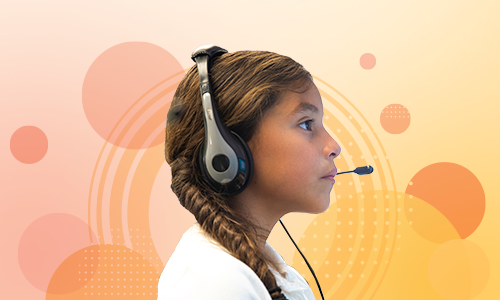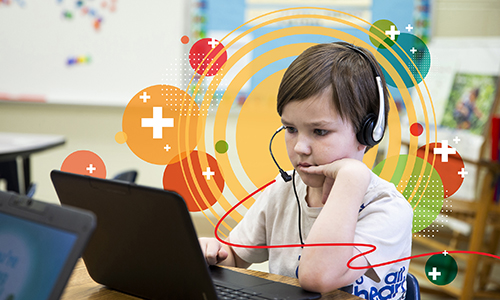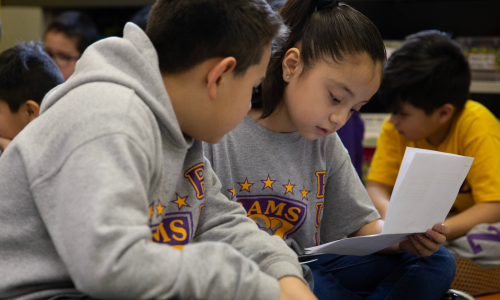Not like yesterday’s reading class
ELA relies on so much of a learner’s toolkit: reading, writing, grammar, spelling, vocabulary, speaking and listening, speech and debate, poetry and research. With such a robust landscape, we promise to provide equally rich resources.

WEBSITE
How MAP Reading Fluency with Coach supports early readers
Precise student placement, targeted interventions, and personalized 1:1 tutoring—it’s all possible with MAP® Reading Fluency™ with Coach.

GUIDE
How assessment data drives literacy development
To help emerging readers develop their literacy skills, you’ll need more than solid data from learning assessments. Take a look at how teachers are succeeding with practical, research-informed data strategies for supporting their young readers.

WEBINAR
To better understand dyslexia, look to the science
Learn key research findings about dyslexia and practical strategies for helping colleagues and caregivers better understand the most common learning disability.